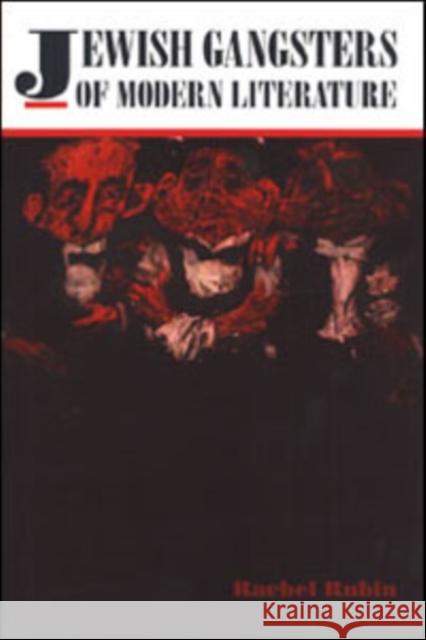Jewish Gangsters of Modern Literature » książka
Jewish Gangsters of Modern Literature
ISBN-13: 9780252025396 / Angielski / Twarda / 2000 / 208 str.
In this vividly written study, Rachel Rubin posits the Jewish literary gangster - a figure whose violence, transgressiveness, and ongoing internal conflict render him an important symbol of modernity - as a locus for exploring questions of artistic power in the interwar years. Focusing specifically on the Russian writer Isaac Babel and Americans Mike Gold, Samuel Ornitz, and Daniel Fuchs, but also taking in cartoons, movies, and modernist paintings, Rubin casts the Jewish gangster as a favorite figure used by left-wing Jewish writers to examine their own place in world history. Rubin contends that these writers saw their artistic endeavors as akin to the work of their gangster doubles: outcasts and rebels kneebreaking their way into the literary canon while continuing to do business with the system. transgressing cultural boundaries - the figure of the Jewish gangster provides an occasion to craft a virile Jewish masculinity, to consider the role of vernacular in literature, to interrogate the place of art within a political economy, and to explore the fate of Jewishness in the new worlds of the United States and the Soviet Union. In addition to tracing the transformation of a Russian folk hero into a pivotal figure in American literature, Jewish Gangsters of Modern Literature argues persuasively for inducting these leftist writers - with their interest in the literary gangster who boldly challenges the social and economic hierarchy - into the circle of experimental modernists that has hitherto excluded them.











